The following exchange is in reference to the previous posting called, “Here Comes The Sun”: http://bufflo.blogspot.com/2009/04/here-comes-sun.html
Email to the Buffalo
Wednesday 05/20/09 5:01 PM Buffalo:
I read your Easter poem in the Buffalo blog very closely today – both versions – in a very meditative mind. It has a epic resonance – a part of a huge story, a great and traditional singing, a revelation. I especially like the first version because it is fresh and raw and unpredictable. The other version at the end of the posting seems to have been filed down smooth, having lost a bit of edginess. I think my preference is because I tend toward the spontaneous, like hip-shooting in photography, modern jazz in music. The last version may be a better poem, I really don’t know, but that was my reaction today.
Buff
Thursday 05/21/09 7:30 PM Bersone:
Hey Mon,
Thanks for reading through those versions so attentively. I know you've got your own preoccupations, which I'm anxious to keep up on and talk to you about, so taking this time for poems is very generous. Of course, we have a back and forth, a rare but happy rapport that places the work first. Most people think such a focus is selfish, not acknowledging the gifts that come from creating things that enhance their lives, even little songs that are humming through many peoples' minds. The benefit I get from our correspondence is a paradox: the opportunity to share something very close, ( my observations, thoughts and feelings ) but in the context of making something -- just as you would make a deck or a planter box, so that often enough a technical comment can clarify a spiritual or moral matter, a point of inner growth. And, as you said of Steve's comments, certain difficulties the reader has frequently come at just those places where one is confused, defensive, unsure oneself, so that problems of a technical nature often reveal how we may be hiding from what is trying to come out. And we know how devious we can be with ourselves. That's the intimate struggle we're sharing: how to reveal the demon, the real deal, the song itself that takes shedding after shedding of snakeskin after snakeskin to see and hear. As Henry Miller pointed out, the artist is always working on the skin you can't see. I experienced just such a realization (that you had with Steve's comments) back in junior college when a teacher I had, David Savidge, a sardonic soul if there ever was one, but very real and very eccentric, as well as brilliant and tough-minded (he's the one who wrote at the end of one of my essays, where I had rhapsodized to my heart’s content, not knowing the difference between bullshit and saying something, "So what?" ) made critical comments, usually in favor of more clarity (sense?) that came just at those places where I was hiding, defensive, unsure, derivative. What shocks us, I think, is that someone is listening. That realization conveys a responsibility: to do the work of making what's coming through clear and full-blooded. But we don't know what we're giving birth to. Not only do we not know what it looks like or sounds like but we don't even know what species it is. We may think it's Hamlet but it's really Laurel and Hardy. I read an insightful review of Katherine Ann Porter, 1890 to 1980 I believe, who was largely responsible for the new southern writing (Eudora Welty, Carson McCullers, and that other woman, really great who died young of Lupus but I forget her name) a contemporary of Hemmingway, who wrote "Ship of Fools" and many good short stories, "Pale Horse, Pale Rider" "Noon Wine" and so on, but who ultimately allowed her persona to triumph over the artist in her, which had the effect of putting a coating of shellac over her poor lower class rural Texas characters to the point that you couldn't feel their life blood. Lawrence's integrity avoided this. In fact, I've been reading some of his short stories, "England My England" "The Blind Man" and so on that use the landscape and environment, as in a dream, so tellingly that you're really in a mix that reveals how major social events such as World War I are really lived out in the human soul as people struggle to fall in love and live their lives. In such stories any questions of social relevance and personal exploration are part of the same quest and consequence and no one can escape.
I haven't had time to really struggle through many versions of some things I've sent you; often, in the interest of creating art, I strangle the creature to make a better poem. Eventually, I usually work through it. I do understand your comments, and Steve's preference as well, but these poems are works in progress. I am interested in a kind of sensual probing, as in that poem I sent you, Mother Wasp. The method is like Lawrence's animal poems, where he observes an animal, a snake, a tortoise, an elephant, describing it, expanding into some meaning, coming back again, deeper, until his thoughts are wedded with the creature and an illuminations is reached. This method is very primitive, depending on close sensual accuracy, and a kind of inviting the spirit of the animal into the writer so that it can give voice to some human concern. The success often depends on the level of concentration one can bring to bear on what is observed, and not drift off into mere words and solipsistic thoughts, which probably I do in the wasp poem. It's a matter of energy, I think. Because you must get outside yourself to observe, almost like on acid, and that takes energy and perhaps a kind of risk and a stifling of self-indulgence and ego.
Gene
Here we include the poem in progress referenced above:
Mother Wasp
I saw the wasp crawl under the collapsed sun umbrella
left out all winter
its folds grimy from the rain-washed debris the trees bequeathed us below
Opening the umbrella carefully for the first time this year
there the slim waisted mother worked
above her dull gray blossom of cells fanning over a goblet stem of mud
attached to the edge of the wood umbrella spokes
She saw me instantly
sending through me a reverberation of fear for my eyes
I, the giant with a magnifying glass,
eager to peer at the dangerous mother
On Mother’s Day: a maternal omen
Several days after the birth of my grandson, Tristan
A name that cannot be spoken without the echo – Isolde --
a couple whose passionate love was doomed by intense feuds
names of lovers who tried to entwine Ireland and Britanny in their arms, and,
who knows, may have sponsored the Vikings,
still intoxicated by battle,
to continue sending up their ships, studded with the sacred garnet,
through the mulch of their bodies,
to be unearthed by what came to be Englishmen
and placed in museums for our contemplation?
At any rate, this mother wasp is doomed
Her location unfortunate
How many mothers have worked at futile nest-building
In a world such as ours? What is the instinct
That strives against all odds
To fulfill its role in the wider circles of life?
When does the throbbing abdomen of the mother wasp
tending her cells
turn into Kali, the warmth of the Mother
dedicated to nurturing and ongoing
resort to her sting? Wikepedia tells us that her venom
Was adapted from an ancient virus. How ingenious! A parasite
Put to use by a parasite
But a parasite only in early larval stages.
The adults drink only nectar.
A predator mother
She is innocent, innocent as all mothers are
All evil and goodness also await in a reserve they contain
Until time releases
The urge they are prey to themselves: the duty of mothering.
In a world such as ours: nay, it not mothering that condemns us to futility
It is the lack of sharing the mothering
Beyond mere birth that we have lost, the communal effort holding forth
Like a plume of fire on a green stem wherein the mother is betrayed
And in that betrayal our little selves have been fragmented and lost. And so
Mother wasp
You have chosen your site unfortunately,
We will see where you go, since the gear of time
Moves ineluctably, and it is still early,
You may find a more secret place for your ongoing little beads of danger
That fly and sting
And keep a balance.
Gene Berson 2009
Subscribe to:
Post Comments (Atom)
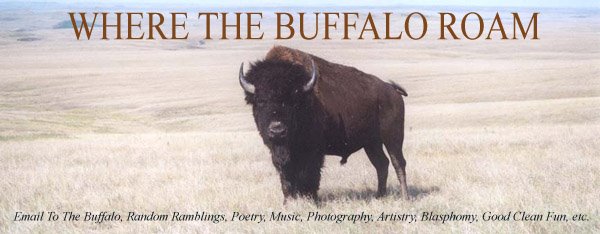





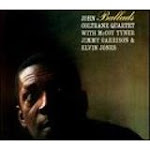
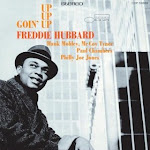







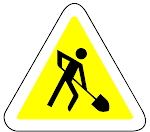

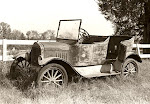



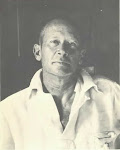


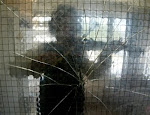









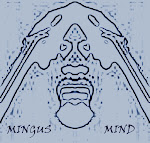

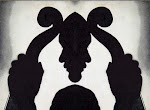

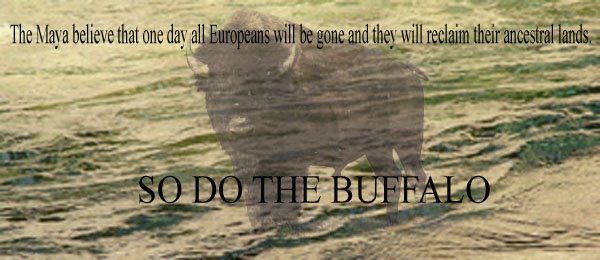
No comments:
Post a Comment